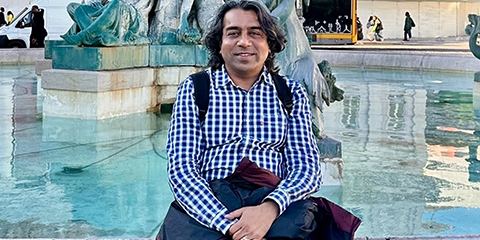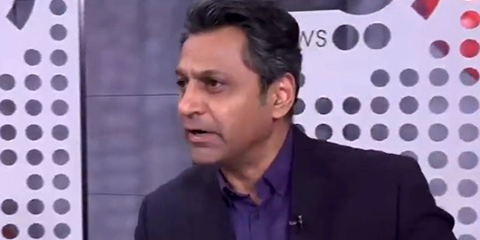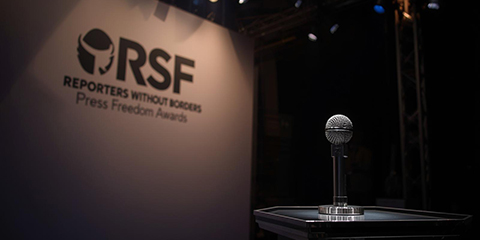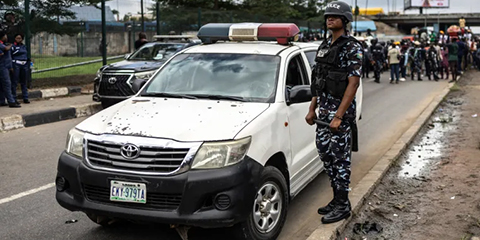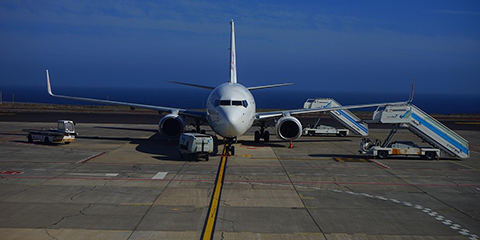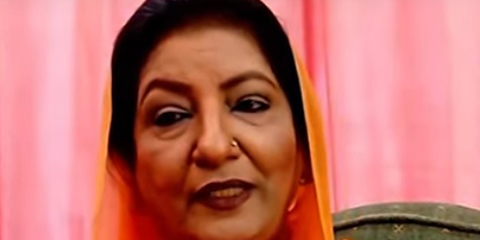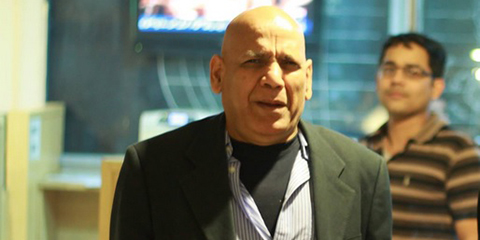Aussie watchdog readies clampdown on Google, Facebook
JournalismPakistan.com | Published 6 years ago
Join our WhatsApp channel
SYDNEY — Australia's competition watchdog is poised to call for far-reaching new regulations on Facebook, Google and other tech giants which could have global ramifications for how they make money and choose the content people consume.
The Australian Competition and Consumer Commission's recommendations, if confirmed, would be among the strongest yet in a drive to rein in the power of digital behemoths amid a host of worldwide concerns ranging from anti-trust issues to privacy abuse, and their role in spreading disinformation and hateful content.
Following an 18-month inquiry into the power of digital platforms, the ACCC is due to issue its final report by Jun 30.
It is expected to include proposals for sweeping controls over tech companies' handling of personal data and their use of "opaque" algorithms to rank how they display advertisements, search results and content.
In a 328-page preliminary report issued in December, the ACCC had raised alarm over the "substantial" market power wielded by the likes of Google and Facebook, and notably the "lack of transparency" in their operations.
"We are at a critical point in considering the impact of digital platforms on society," said the report, initiated by the conservative government at the behest of Australia's main media organizations.
The report focused particular attention on the huge impact Google and Facebook have had on Australia's news industry, with the number of newspaper and online journalists falling more than 20 per cent since 2014 as digital advertising revenues were overwhelmingly captured by the two tech titans.
"While the ACCC recognizes their significant benefits to consumers and businesses, there are important questions to be asked about the role the global digital platforms play in the supply of news and journalism in Australia," it said.
A set of preliminary proposals set out in the report, many of which are expected to figure in the final conclusions, include greater regulation over the handling of personal data, similar to Europe's General Data Protection Regulation (GDPR) introduced last year.
It also called for new penalties for invasion of privacy and greater controls on merger and acquisition activity by the biggest digital firms.
One of its most radical suggestions is the creation of an Algorithm Review Board to monitor the complex formulae used to deliver advertisements, and rank news content and referral services to news media.
The ACCC said such a regulator was needed to ensure the big digital players do not "favour their own business interests, through their market power and presence across multiple markets".
"There are also issues with the role of digital platforms in determining what news and information is accessed by Australians, how this information is provided, and its range and reliability."
ACCC chairman Rod Sims has said regulatory authorities in the United States, Britain, Europe and other areas are closely monitoring the outcome of the Australian inquiry as they all mull possible responses to the growing power of tech titans.
Prime Minister Scott Morrison's government has already taken controversial steps targeting Big Tech, including introducing criminal penalties for executives of social media companies which permit the distribution of violent content on their platforms and an unprecedented law forcing tech firms to help security services break encrypted communications.
Tech companies have warned that enacting many of the ACCC's proposed recommendations would be impractical, or lead firms to simply avoid doing business in Australia.
"We obviously need really clear rules for the internet that protect privacy, safety, the economic and social benefits of technology while also protecting competition and innovation," said Sunita Bose, head of the DIGI lobbying group formed by Google, Facebook, Twitter and other firms to deal with Australian regulators.
But, in an interview with Nine media newspapers ahead of the ACCC release, Bose cautioned that some of the watchdog's recommendations, on top of the government's earlier measures, could not only hurt the big players but have an even greater impact on start-ups and smaller firms with limited resources to meet new regulatory demands.
She warned in particular against attempts to monitor and regulate algorithms, which she said "constitute highly sensitive commercial information".
"The prospect of having to disclose such sensitive information will serve as a deterrent to global digital companies and start-ups initiating or expanding their operations in Australia," she said. — AFP






